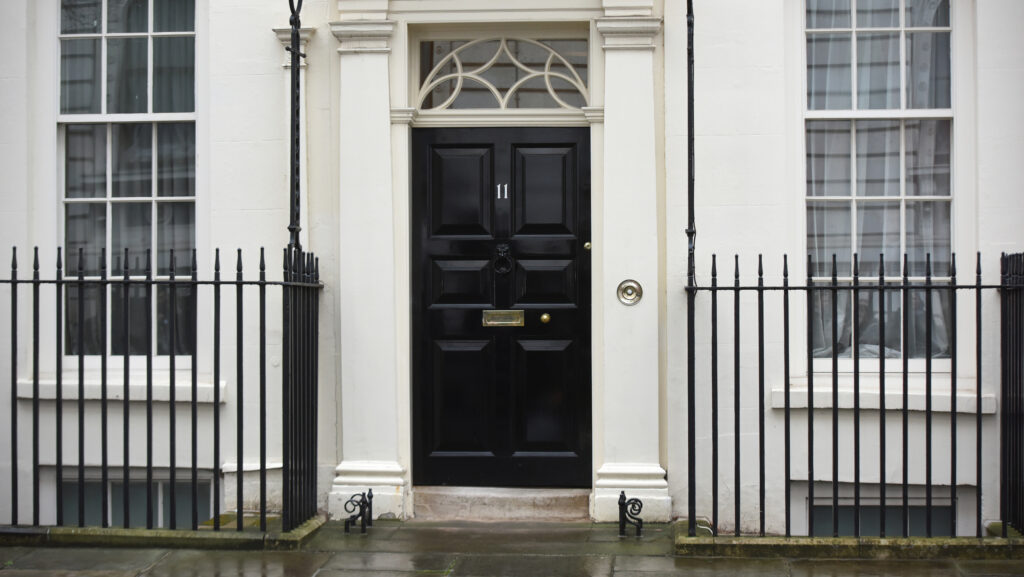Opinion: NFU president – Budget must invest in food and farming
 © Oversap/Istockphoto
© Oversap/Istockphoto The upcoming Budget is the most anticipated I can remember. Business confidence is low, the economy is faltering, and we have a new government.
The country will have its eyes on chancellor Rachel Reeves on 30 October – farming included.
Since Labour came into government, we have heard very little on food and farming policy.
See also: Welsh farmers warn prime minister against budget cuts
About the author

Tom Bradshaw is president of the NFU. Here, he sends a strong message to the Treasury ahead of the Budget on the need for proper funding for agriculture, and a benign tax regime.
While it’s important we give the new government time to act, the fact that ministers have continuously deferred to the Budget has left a 113-day vacuum where urgent questions remained unanswered.
With the Budget now just around the corner, we hope it will finally provide certainty for farm businesses, drive investment, and give us much-needed confidence for the future.
We have been continuously, and noisily, making the case for an increased multi-year agriculture budget.
Last year, the NFU commissioned the independent Andersons Centre to model the public funding needed to deliver the government’s environment, climate and food policy ambitions.
It showed an annual UK-wide agriculture budget of around £5.6bn would be required.
This was front and centre of my recent Budget submission to Ms Reeves.
Commitments
When we welcomed her onto the NFU’s stand at the recent Labour conference, I made the point that this isn’t just money for farmers.
It’s money that is needed to underpin the government’s own commitments on food security, the environment and business confidence.
There are concerns about how the Treasury will view Defra’s unacceptable £358m underspend in recent years. Let’s be clear – this investment was and is very much needed.
In his speech to this year’s NFU conference, Sir Keir Starmer stated: “We can’t have underspends in allocated money.”
Farmers and growers need to know this government will stay true to its word and carry forward these unspent funds.
While clarity on the agricultural budget is essential, there are other important elements within the Budget too.
Tax regime
If Labour is to succeed in its mission of driving economic growth, there needs to be a supportive tax regime which stimulates investment and unlocks capital growth.
I know how worried farmers are about potential changes to Agricultural Property Relief (APR).
Steve Reed, the new Defra secretary, has recently said his party has no plans to change inheritance tax, including APR. This must remain the government’s position.
The removal of APR is unlikely to raise much in the way of tax, but could lead to a damaging restructuring of the industry, and reduce the amount of land available for tenants, which will have a wider effect on food security.
There are also concerns about potential increases to capital gains tax for business.
This would do the exact opposite of incentivising investment, and farmers need to know this will not be increased.
If we look at tax models in other EU countries, farmers can claim tax relief on buildings, as well as plant and machinery.
In the Netherlands, farmers are able to access specific incentives for lower carbon business investment, including immediate relief on the cost on certain low carbon buildings.
And in Ireland, farm businesses have been able to write off the cost of agricultural buildings over seven years, compared to 33 years in the UK.
These are policies the Treasury should consider, to incentivise investment in our low-carbon future.
The stakes are high. We must get clarity and investment from the Budget, but we also need government to deliver the other building blocks which are crucial to the success of our sector – achieving fairness in the food supply chain and developing core standards for agri-food imports.
If ministers mean it when they say food security is national security, the government must put its money where its mouth is and invest in food and farming.
